Australia: Biology
-
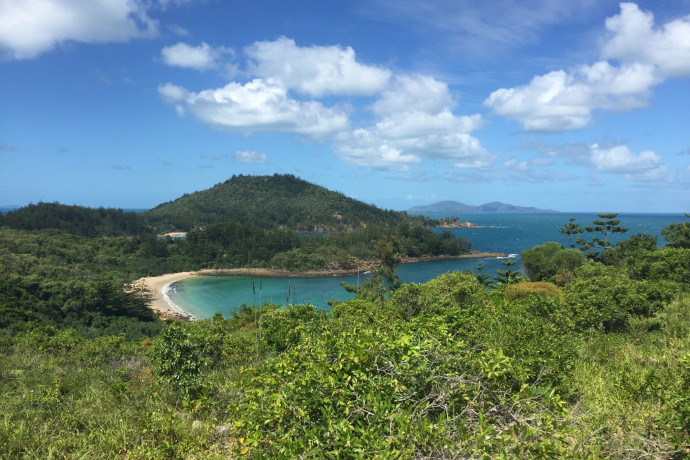
-
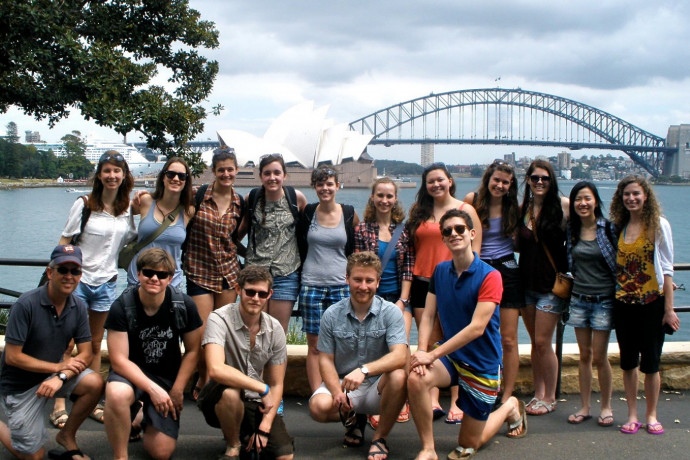
-
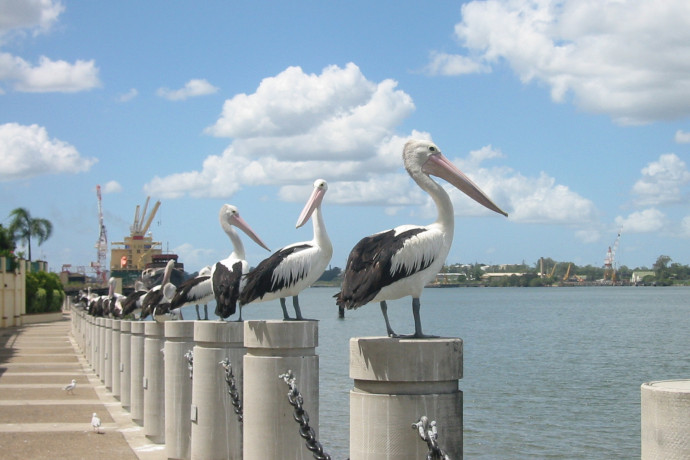
-
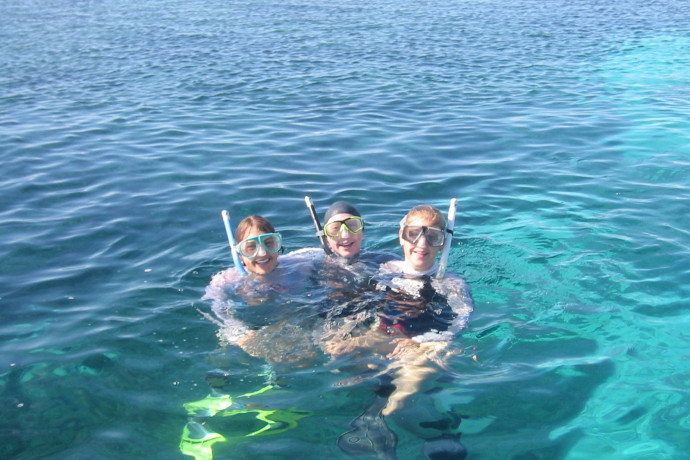
-
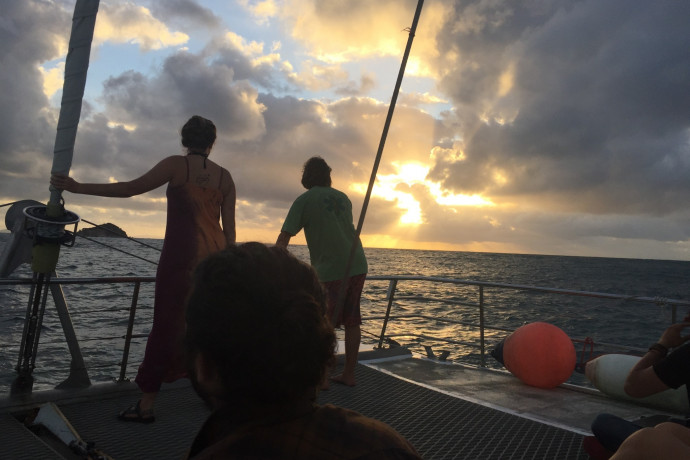
-
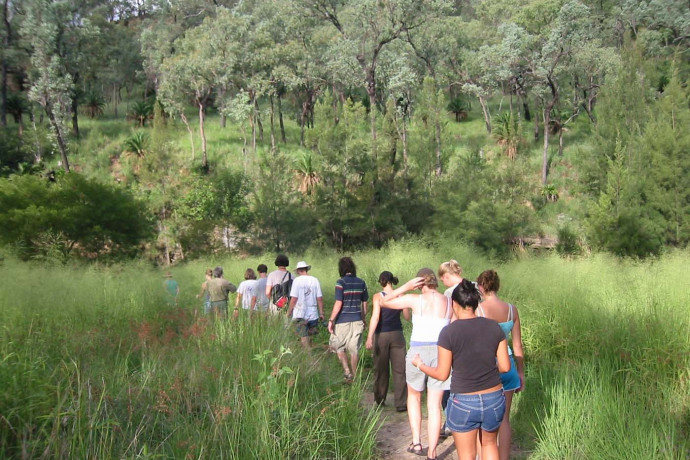
-
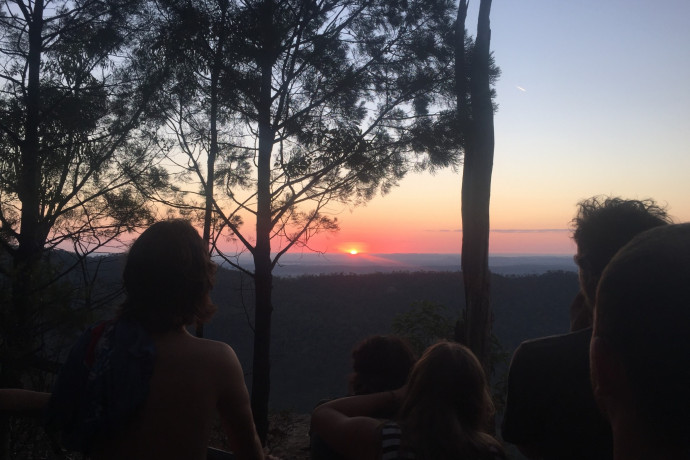
-
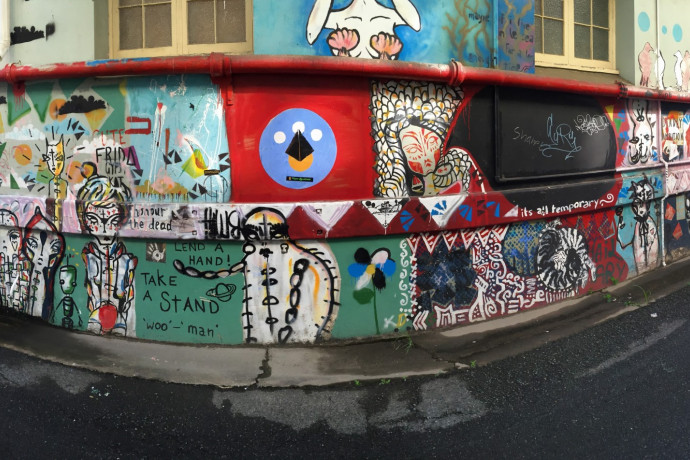
-
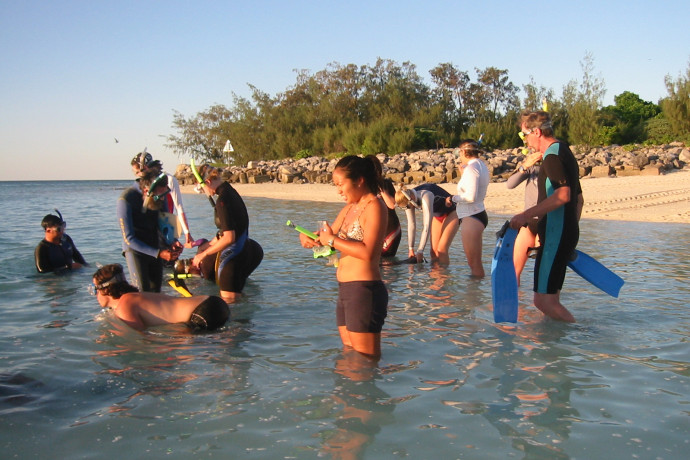
-
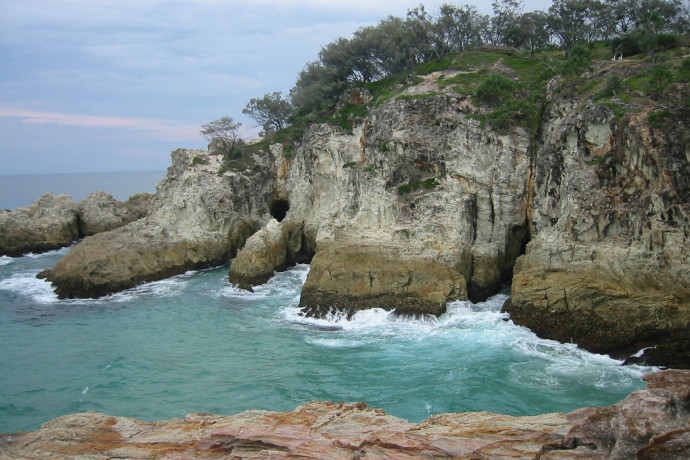
-

-
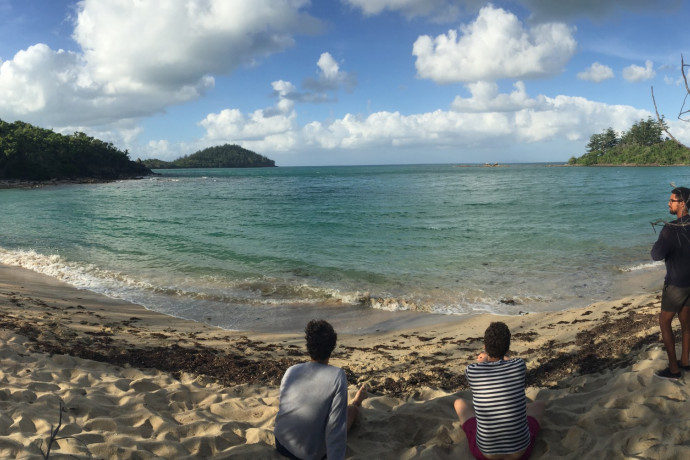
-
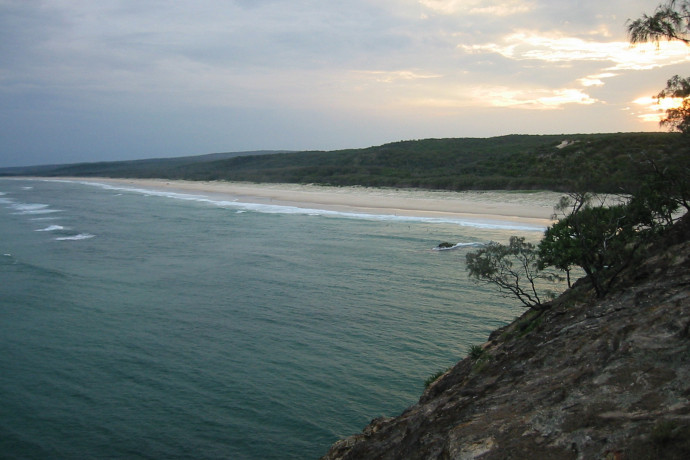
-
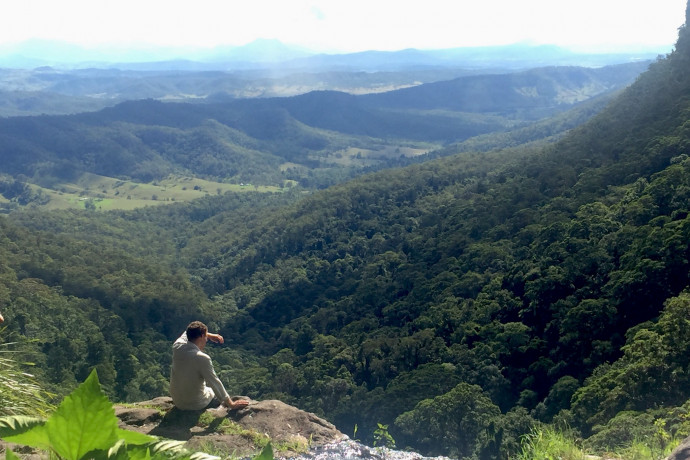
-
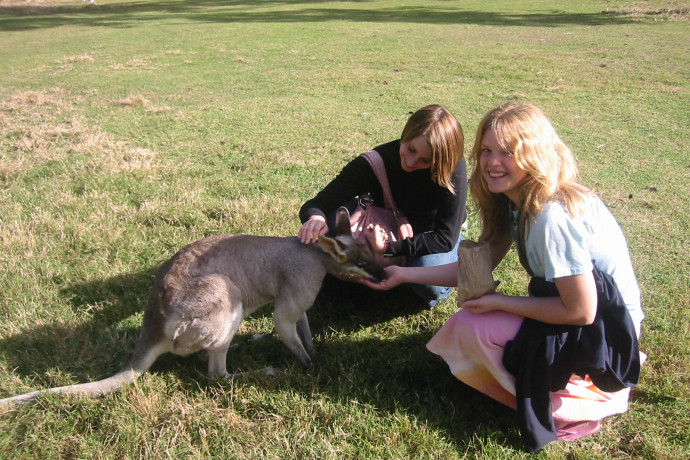
-
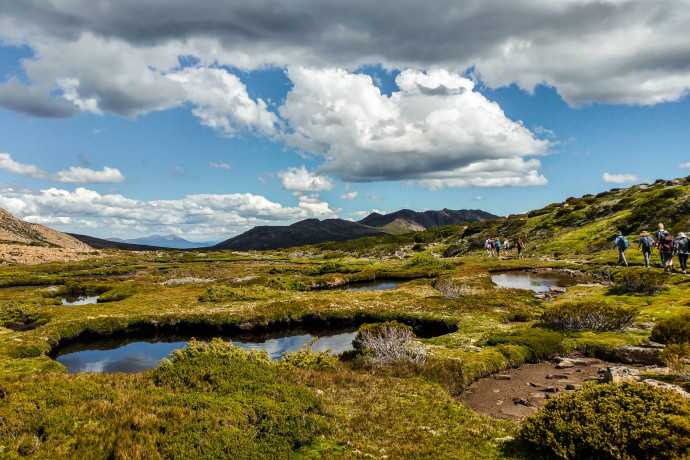 by Kellsy Nava-Lopez
by Kellsy Nava-Lopez -
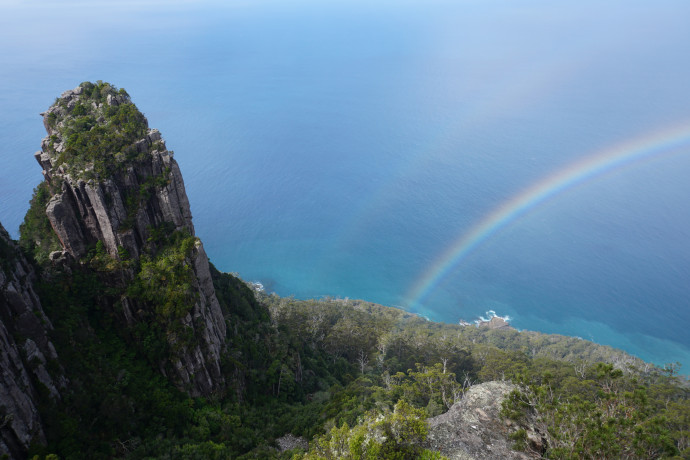 by Sami Zimmerman
by Sami Zimmerman -
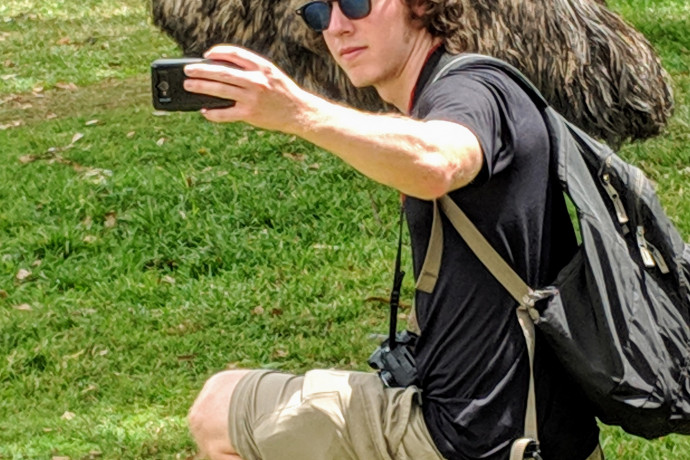 by Carla Nilsen
by Carla Nilsen -
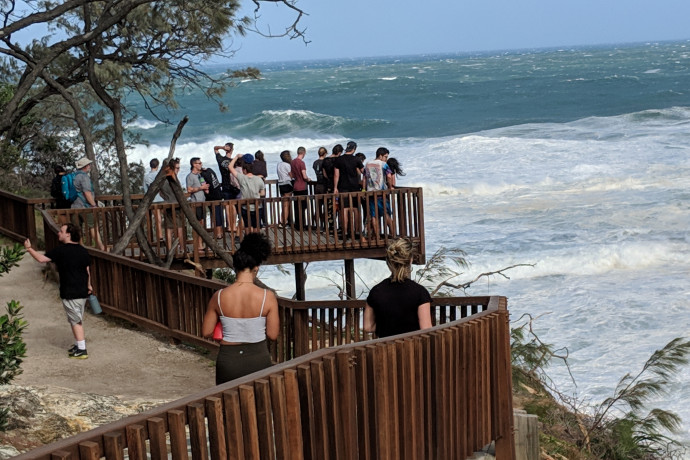
-
 by Carla Nilsen
by Carla Nilsen -
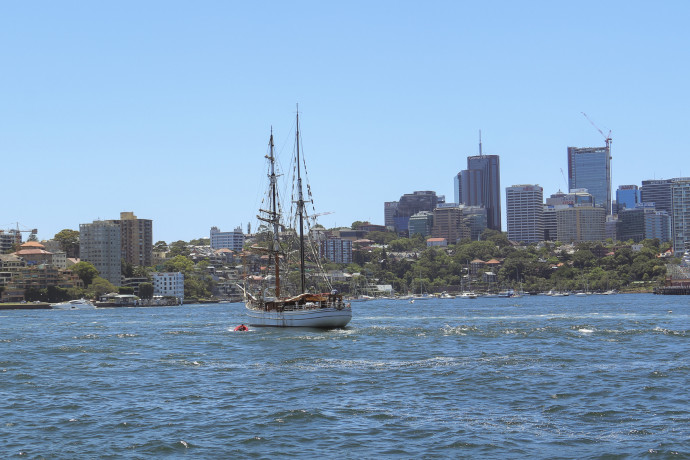 by Carla Nilsen
by Carla Nilsen -
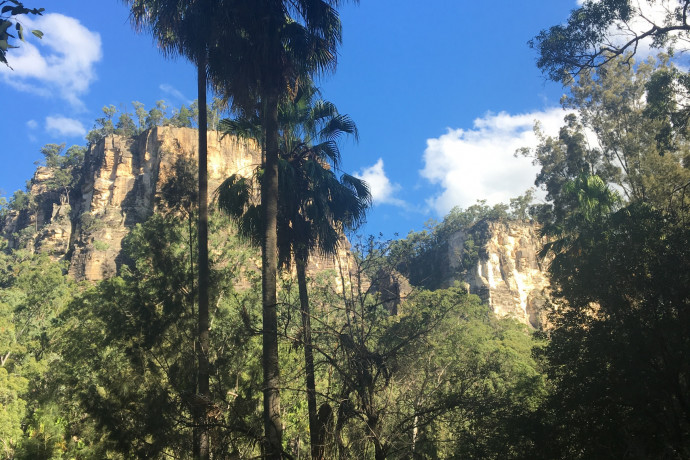
-
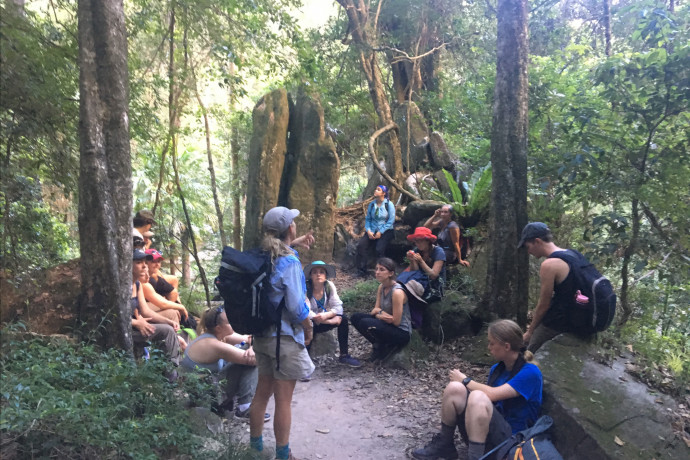
-
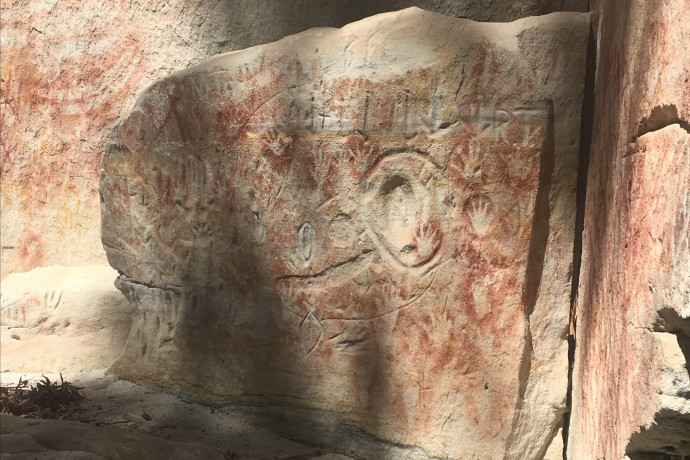
| Program Snapshot | |
| Semester: | Spring |
| Offered: |
Every three years Upcoming: Spring 2024, Spring 2028 |
| Estimated Dates: | Mid-January to late April |
| Program Focus: | Regional Area Study with Biology Emphasis |
| Prerequisites: | Biology 110, Biology 201 and Biology 202. Students must satisfy the Words and Numbers CORE requirement before participating in an overseas program. |
| Housing: | Varies throughout the program |
| Spring 2024 Program Leader: |
Tamily Weissman-Unni Associate Professor of Biology weissman@lclark.edu, 503-768-7994 |
Program Design
The four courses in this program adopt an interdisciplinary approach with focus on practical learning through excursions and field studies. The courses are not independent units, but rather each is interdependent on material covered in other courses, particularly for the International Studies or Global Perspectives credits. All attempts will be made to help you integrate material across courses.
Your Australian study experience will be guided throughout by your Lewis & Clark faculty leader, Global Education Designs’ program managers and more than thirty specialists -drawn from universities, community organizations and public service bodies in Australia — who contribute to the program by sharing their expertise with you. They will be contributing to your formal learning experiences in Australia, but you will also have many opportunities to learn outside of the classroom. By visiting some of Australia’s most beautiful places and interacting with a range of people with different customs and perhaps unfamiliar lifestyles, you will have the chance to further develop your cross-cultural skills and expand your view of the world in general.
This program is designed specifically for majors in Biology. In addition to two courses that fulfill International Studies or Global Perspectives general education credits, the program includes two upper division biology courses. The two courses are Biogeography and Special Topics in Biology in Australia. Both courses will count as electives for Biology.
About the Program Leader: Tamily Weissman-Unni joined the faculty of Lewis & Clark College in 2011 and is an Associate Professor of Biology and Co-Chair of the Neuroscience Program. She received her PhD in Neurobiology at Columbia University, and completed a post-doctoral research fellowship at Harvard University. She teaches courses in genetics, molecular and cellular biology, and neuroscience, and her research program focuses on brain development and disease. She runs a research lab on campus that uses microscopy approaches to visualize the living brain and nervous system in the zebrafish model organism. She has co-authored numerous peer-reviewed scientific articles with undergraduate students, who make significant contributions to the ongoing research in the lab. She has also written a recent online Scientific American article that explains how zebrafish research contributes to our understanding of human medicine. In her free time, she enjoys running, biking, music, and other outdoor and indoor adventures.
Academics
Requirements Fulfilled:
General Education - This program fulfills the Global Perspectives general education requirement for students who successfully complete 8 or more semester credits. IS 292 fulfills the Culture, Power, and Identity general education requirement.
Major Requirements: BIO 391 and BIO 393 may be applied to the Biology major.
Credits: 17 credits (4 courses)
Curriculum:
IS 290: Area Study: Australia (4 credits)
Traces the major developments in Australia’s history from European colonization into the present. Emphasis is on the events that played a major role in shaping contemporary Australian society and Australia’s current relationships with East Asia, the United States, and the British Commonwealth. Topics include Australian literature, non-indigenous art, exploration and settlement, military history, and political and social institutions.
IS 292: Indigenous Studies (4 credits)
Investigations of the evolution of human society in Australia, focusing on cultural diversity among indigenous peoples, social organization, ceremonies and art, spiritual life, material culture, gender roles, and relationship to the land.
BIO 393: Biogeography (5 credits)
Field centered study of patterns of species diversity in the context of their geological and evolutionary history. The focus will include terrestrial and marine organisms spanning many regions on the Australian continent and Tasmania. Experts on geological history, ecological regions, and particularly interesting lineages will guest lecture.
BIO 391: Special Topics in Biology in Australia (4 credits)
Taught by the faculty leader of the Australia: Biology overseas program, this course will focus on a topic within the leader’s discipline and expertise. The course will make use of Australian resources and will incorporate field work and site visits. Topics will vary by year and leader.
For the Spring 2024 program, the topic is “Sensory Biology” taught by Tamily Weissman-Unni, and the course will focus on vision, particularly color perception in multiple animal species across Australia, with a comparison to species on other continents. We will consider how the eye (or equivalent) is structured and functions at the cellular level to provide light information to the brain (or equivalent nucleus or structure). We will also consider the neural mechanisms that underlie communication, seasonal changes in circuitry/behavior, and the auditory system. The course will also have a strong focus on science communication and the interactions between science and society.
Cost
2023-2024 Fee Breakdown*
Total Fee (includes Tuition, Program Fee, and Health & Wellness Fee): $39,385
Tuition: $30,958
Program Fee: $8,390
Health & Wellness Fee: $37**
Included in the program fee are room/housing, board/meals, and administrative fees. Not included are airfare, passport and visa expenses, primary insurance coverage, photographs, books, immunizations, and incidentals.
*Fees are updated every February for the following academic year.
**The Health & Wellness Fee supports the operations of Wellness Services staff in delivering pre-program orientation services, as well as in providing health-related consultation regarding participant health needs. All students in the College of Arts and Sciences pay a mandatory fee of $37 per semester.
Stipend: Students will receive a stipend to cover the cost of meals and transportation costs not covered by the program fee.
Estimated Airfare (Round Trip PDX to SYD, BNE to PDX): $1,500 - $2,000
Estimated Health Insurance Fee: $1,943.50
All students participating in overseas programs are automatically enrolled in iNext, a supplemental travel insurance program. The fee for iNext is covered in the program cost. However, students are also required to have comprehensive health insurance during their time abroad. All students participating in overseas programs, both abroad and domestic, are automatically enrolled in the College’s student health insurance program. Similar to a regular semester on-campus, students participating in overseas programs may waive enrollment in the student health insurance program if they have other comprehensive health insurance (e.g., through a parent, guardian or employer) that 1) provides coverage for them in the geographic region in which they will be studying and 2) includes mental health benefits. Click here for more information regarding health insurance & overseas programs.
Program Preparation
Application Process: Applications are due one year before the start of the program.
Visa: Students will be required to apply for a visa in order to participate in this program. More information will be provided upon admission to the program.
Country-Specific Health Information: Click here to view specific health information for people traveling to Australia.
State Department Country Information: Click here to visit the State Department’s Australia page.
Australia
Overseas and Off-Campus Programs is located in room 206 of Albany Quadrangle on the Undergraduate Campus.
MSC: 11
email overseas@lclark.edu
voice 503-768-7295
fax 503-768-7300
Director Blythe Knott
Overseas and Off-Campus Programs
Lewis & Clark
615 S. Palatine Hill Road MSC 11
Portland OR 97219